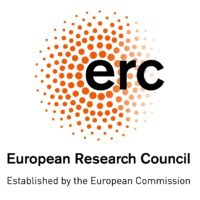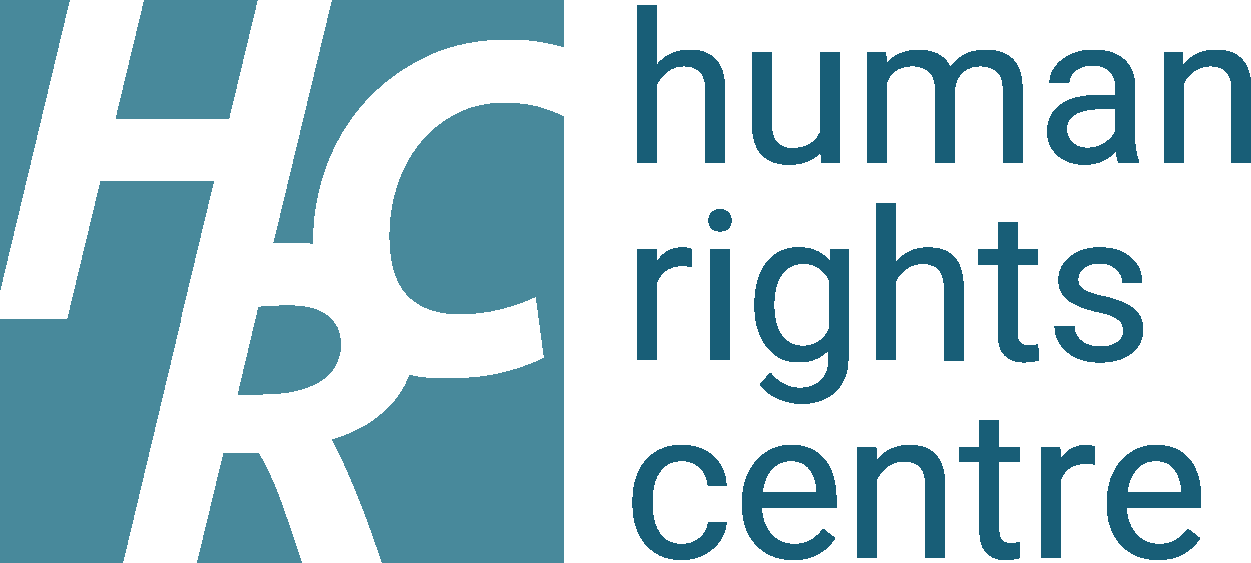Why we need more research on evidence in international human rights adjudication.
DISSECT is a research project funded by the European Research Council (ERC Advanced Grant 834044). Led by Prof Marie-Bénédicte Dembour in our very Centre, it is a five-year programme of research that explores evidence in international human rights adjudication.

Why is DISSECT an important project?
One need not be a practicing lawyer to realise that evidence makes or breaks cases. Yet evidence in international human rights (IHR) adjudication has never been studied in a systematic and comprehensive way. This gap leaves IHR institutions unclear about their own practice. This is the more problematic since the judicial exercise is one obvious site in a democratic society aspiring to be governed by the rule of law where one would expect evidence to be treated robustly. Moreover, the spread of ‘alt-truth’ politics makes the project particularly timely.
What exactly is DISSECT going to study?
In the first instance, DISSECT will study the evidentiary regimes developed by the world’s three regional human rights courts (established in Europe, the Americas and Africa) as well as in some UN quasi-judicial human rights bodies. It will do so from both a legal (doctrinal) and a social (critical) perspective.
What do you mean by legal perspective?
This refers to an approach which you would conventionally expect lawyers to take. Thus, DISSECT will examine questions related to the scope of evidence (what needs to be proven), burden of proof (who needs to bring the evidence), and standard of proof (when is evidence considered good enough or when is it considered not to prove anything). An additional question asks how quickly or slowly a court accepts to reopen the facts of a case. This can be a controversial issue given that investigating the facts may be essential to make states accountable, but is nonetheless a step which goes against the principle according to which an international human rights court should normally accept the facts as they have been determined by the national authorities (principle of subsidiarity). Another crucial question for DISSECT is how the judge proceeds (what decision is taken) when the facts remain uncertain. Finally, given the huge freedom that international human rights courts enjoy in regard to evidence, DISSECT will examine whether the courts apply consistently the rules, norms and practices they each have adopted.
Is it possible to talk of a single evidentiary regime in international human rights adjudication?
One suspects that each institution develops a regime of its own, which suits its historical and political orientation. At the same time, it should make sense at a more meta level to speak of a single evidentiary regime. DISSECT will examine the legal technical questions mentioned above first in respect to each court/UN body studied and then comparatively between all the institutions studied. In addition, following Foucault and the insight that power is everywhere, DISSECT will want to interrogate the political underpinnings of the evidentiary regime(s) it will have uncovered.
Presumably this is where a social (critical) perspective comes in?
Lawyers of a doctrinal persuasion often bypass issues of power. But these issues are at the heart of DISSECT. International human rights adjudication typically consists of cases which are brought by an individual against a state. As a result, the relationship between the parties tends to be characterised by what lawyers call an ‘inequality of arms’, as the state is normally stronger than the individual. When it comes to evidence, this inequality risks being aggravated by the fact that the individual is the complainant, and thus the party who needs to bring the proof (or the beginning of the proof) of his or her allegations. However, because this is a field where evidence is ‘free’ (unregulated), it is open for a human rights court to intervene and attenuate the evidentiary inequality between the parties by ‘shifting’ the burden of proof from the complainant to the defendant state or by ‘distributing’ this burden ‘equitably’. Interestingly a court may also aggravate the inequality between the parties by refusing to accept that the evidence submitted by the applicant is of any weight.
You have set yourself a huge task. How will you proceed?
It is true that discovering the evidentiary regime(s)’ doctrinal rules, but also their political use and possibly abuse, is not going to be easy. This challenge will be met by combining conventional legal research methods with other methods inspired by social anthropology, including conducting interviews with key actors such as judges and legal representatives and doing observational fieldwork (though obviously not attending judicial deliberations). The legal field will be limited by the research team agreeing on up to six types of complaints upon which DISSECT will focus – alongside judgements which are obviously key regarding evidentiary issues (such as Ireland v UK, Velasquez Rodriguez v Honduras, and Konate v Burkina Faso).
What more general lessons might DISSECT hold?
DISSECT’s ultimate aim is to generate insights on the relationship between evidence, truth and power. With this in mind, DISSECT will shortly recruit researchers interested in studying specific intricate problems of evidence in a deeply interdisciplinary. These problems may be related for example to the digitalisation of evidence currently under way, the reluctance to draw scientifically robust conclusions, or unconscious bias on the part of judges regarding for instance the way they expect an individual to have behaved or reacted. The hope is that these interrogations will generate insights which will prove of particular relevance in our post-truth era.
So far, only the Principal Investigator is known. This is Marie-Bénédicte Dembour, Professor of Law and Anthropology. But six researchers will soon be recruited. Experts in their field, they will bring to the project an array of perspectives and experiences.
If you think you could become one of them and wish to apply, follow this link.
If you wish to know more about DISSECT, follow this link.

